Weight loss can be tricky, and what works for your friends may not work for you. We all have different energy needs, and gender, exercise, and age are just some of the factors that influence how many calories you need in a day. The good news is, if you are trying to melt belly fat and lose weight, calories are just one factor to pay attention to. Food quality, nutrient composition, and timing of your meals and snacks have a huge influence on your waist, too. We’re here to share 10 eating habits to slim down your waist in 30 days, so listen up.
The amount and type of exercise you do, your stress levels, and your sleep quality all play a key role in the size of your waist, too. In addition to improving your eating habits, you may benefit from improvements in these other areas as well. Your weekly exercise routine should incorporate cardio and resistance training for the best results in your waistline. To manage stress, practice meditation or other stress-reducing habits. Sleep can be improved by creating a conducive environment and limiting screen time before heading to bed.
When it comes to your eating habits, small changes go a long way in slimming down a thick waistline. You should also be encouraged to know you can see progress in as few as 30 days with consistency in good habits. Read on to learn 10 simple eating habits to slim down your waist in 30 days. And when you’re finished, check out these 7 Exercises To Slim Down a Thick Waistline in 30 Days.
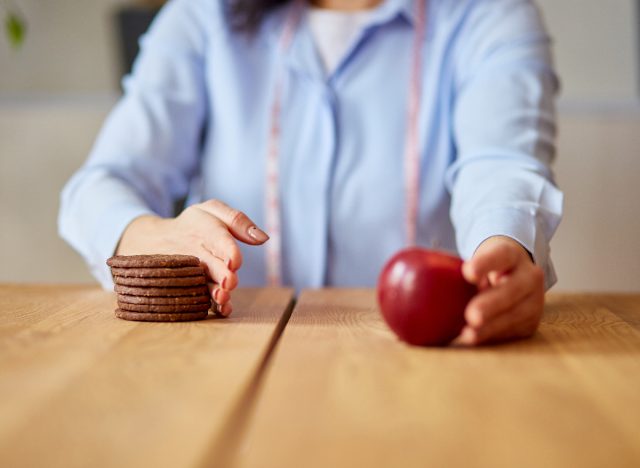

This doesn’t mean you have to give up your nightly dessert, but your waistline will likely benefit from reducing your overall sugar intake. Added sugar can be found in coffee drinks, soda, candy, pastries, condiments, cereal, and a wide range of other processed foods.
Sugar appears to promote obesity, so take inventory of the refined sugar in your diet, and try to at least cut it in half. Use less sugar in your morning coffee, enjoy a square of dark chocolate for dessert instead of a bowl of ice cream, and skip the candy bowl at work for simple ways to slim down.
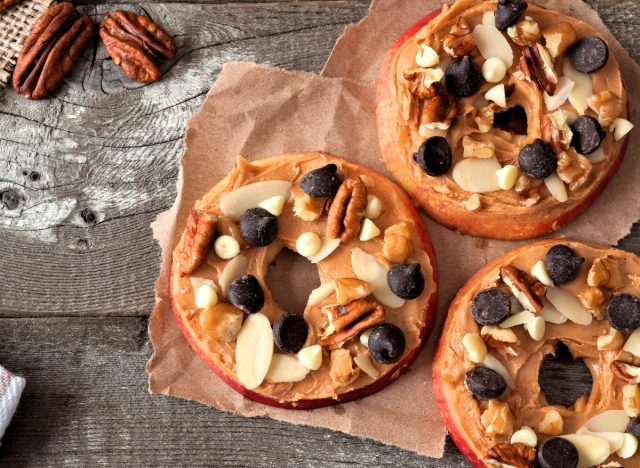

Breakfast is often rushed and results in a sugary bar and coffee drink, or it gets skipped altogether. Incorporating protein into your breakfast can promote weight loss and improved muscle health, according to the American Society for Nutrition. It’s also linked to satiety and the regulation of glucose. These are all factors that can aid in a slimmed-down waistline.
Boosting your morning protein intake doesn’t have to be difficult. Add Greek yogurt to your smoothie, enjoy cottage cheese with some berries, or fill an Egglife egg white wrap with your favorite meat and cheese or nut butter for a savory or sweet protein-packed breakfast that requires minimal effort.
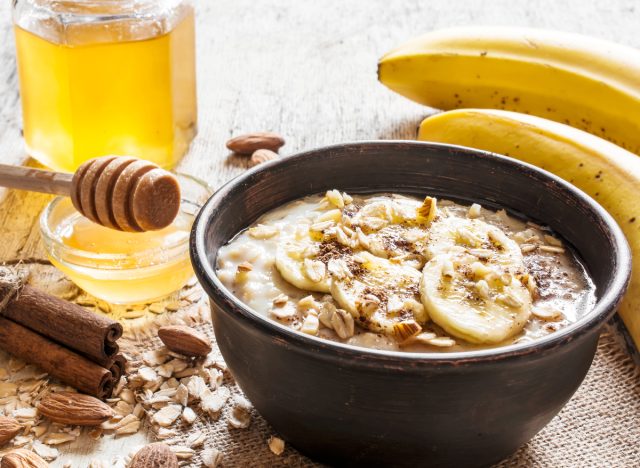

Unfortunately, many adults under-consume this important nutrient. Fiber helps you feel fuller throughout the day, which can lead to less snacking, and it also promotes digestive health. Fiber can also slow glucose absorption in your body, leading to more stable energy.
A bowl of oatmeal topped with fruit and nuts creates a high-fiber meal that promotes satiety. Whole grain toast with peanut butter or a Greek yogurt parfait topped with seeds and fruit are other easy options for eating more fiber at breakfast.
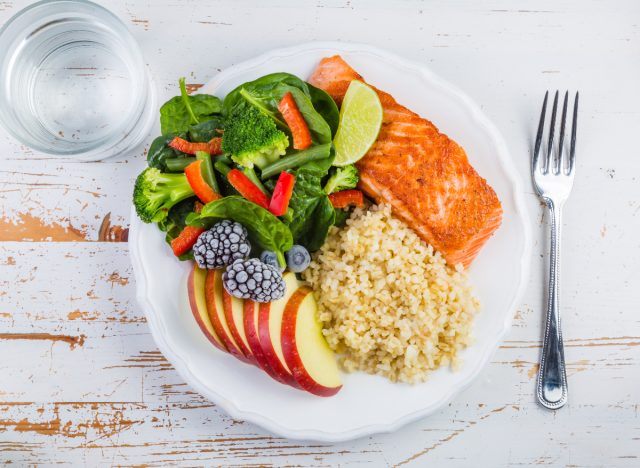

The Centers for Disease Control and Prevention (CDC) reveals that only one out of 10 adults is consuming enough produce daily. Depending on age and sex, these recommendations state adults should eat one and a half to two cups of fruit daily and two to three cups of vegetables.
By filling half your plate with produce, you’ll boost the fiber, vitamins, minerals, and antioxidants in your meal. Produce is a great way to add volume to your meal for few calories, while getting satiating fiber and a slew of important micronutrients.
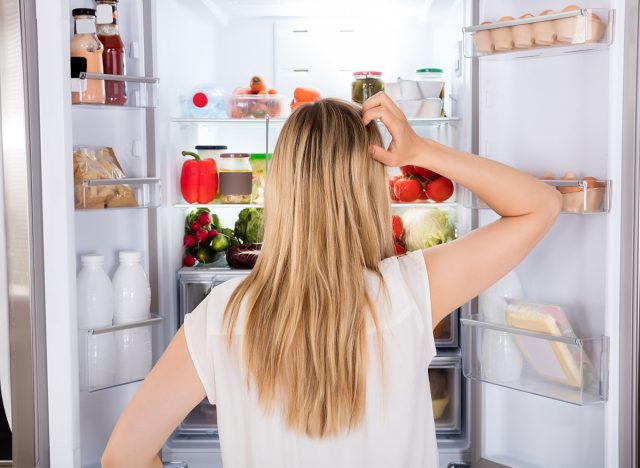

We have all been there before. We get busy and skip a snack, resulting in a ravenous appetite once dinner rolls around. This can lead to over-eating and may make it hard for you to trim your waist.
READ RELATED: Monsoon Dengue Rising : Delhi’s Monsoon Escalating into Dengue Cases and Characteristics Explained
Avoid getting too hungry between meals by eating snacks throughout the day. If you eat something every three to four hours, you should avoid getting overly hungry, allowing for appropriate portion sizes at meals. Ensure your snacks contain produce and some protein or fat. Veggies with hummus, an apple with peanut butter, or cheese and grapes are good examples of snack combinations.
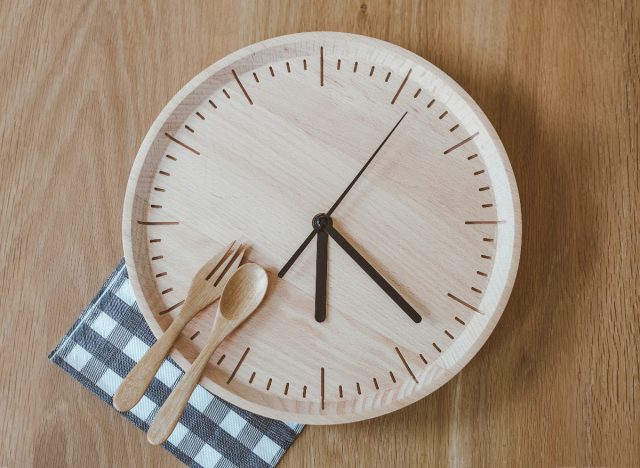

On the subject of meal timing, aim to have your last food of the day at least two hours before bed. Research shows that eating too close to bed could result in weight gain and higher caloric intake, keeping you from meeting your goals.
You can still enjoy a square of dark chocolate or a bowl of fruit for dessert, just time it to allow two hours of digestion time before bed. This may also improve overall sleep and lessen digestive symptoms, like reflux.
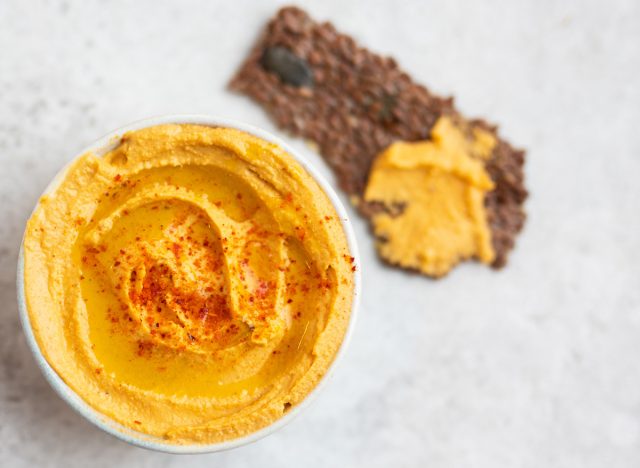

A handful of crackers, a banana, or a granola bar aren’t great snack options on their own. This is because they are all carb-based which does not lead to a very filling snack and may result in a spike and crash of energy.
Instead, add protein and/or fat to your carb-based food. Crackers dipped in hummus or served with cheese are great examples. You could also enjoy a banana with peanut butter or whole nuts, and swap your granola bar for an option that provides fewer than six grams of added sugar, and at least eight grams of protein, and two grams of fiber.
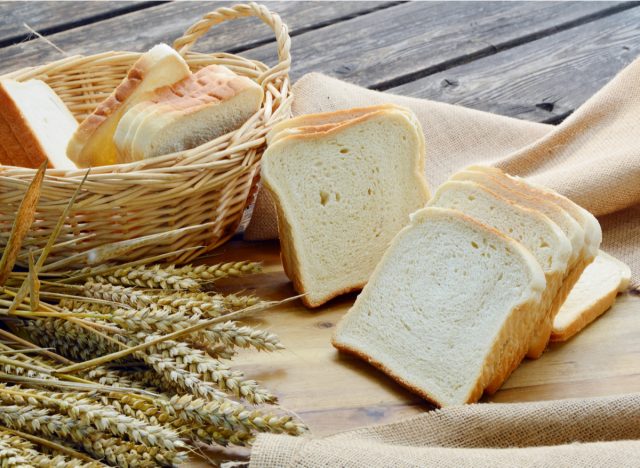

Those aforementioned crackers, granola bars, and bread are convenient to have on hand for meals and snacks. However, processed carbs like these are more likely to have added salt and sugar, and they contain additives and preservatives that can impact your health and leanness goals.
While it is reasonable to include some of these products into your meal plan, try to have no more than one processed carb at each meal, and limit them to your snacks. So, if you have a sandwich for lunch, pair it with fruit or veggie instead of crackers. Nuts with dried fruit, yogurt with fresh fruit, and carrots dipped in mashed avocado are examples of snacks that don’t contain any processed carbs.
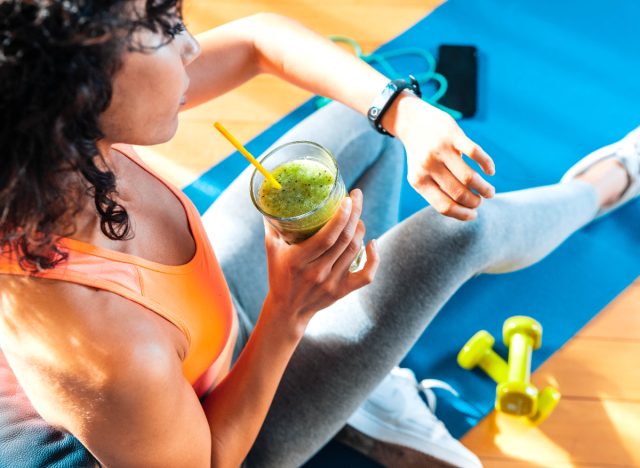

Eating a combination of protein and carbs within 45 minutes of finishing exercise may not only help your muscle recovery better, but it could also help you slim down. This habit replaces stored carbohydrates used to support your workout and can be a source of filling fiber and protein.
A smoothie with protein powder or Greek yogurt, peanut butter and fruit, or trail mix are examples of post-exercise snacks that contain protein and carbs. If you happen to work out right before a meal, just aim to have your meal within 45 minutes of your workouts to serve as your recovery nutrition.
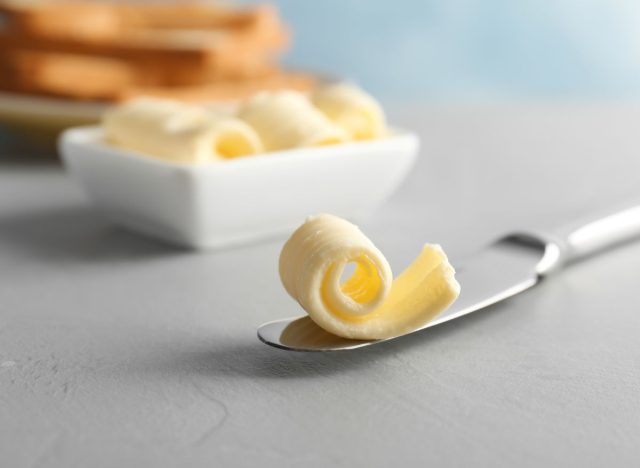

Empty calories are those from solid fat and added sugar. We have already touched on why you should cut added sugar if you are trying to slim down your waist, but avoiding solid fat could help, too. Solid fats are high in saturated or trans fats and include foods like butter, margarine, shortening, and animal fats. These foods provide a lot of calories but not much nutritional value or satiety.
Instead of topping your toast with butter, try more filling peanut butter or avocado. And the next time you grill, avoid the beef with visible fat and opt for lean fish and poultry to limit empty calories.








